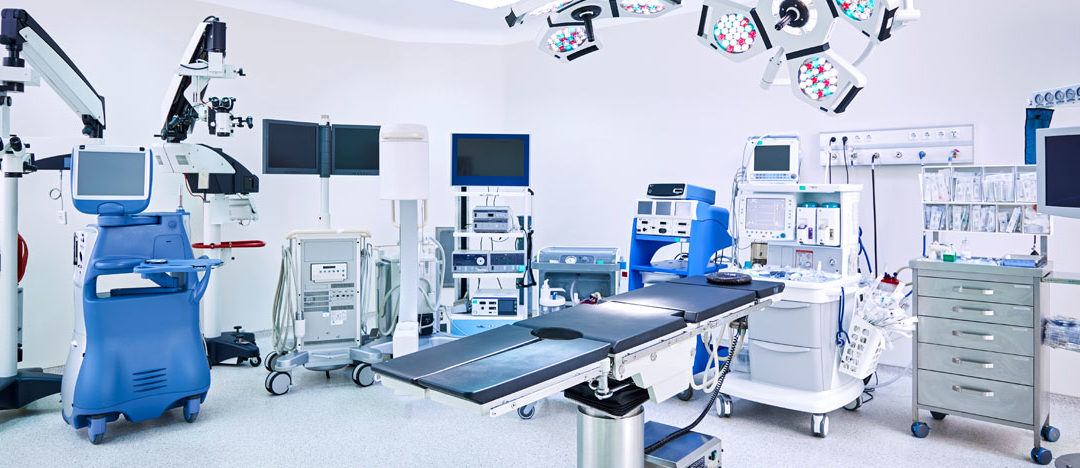Medical Laboratory Science Council of Nigeria (MLSCN), has confirmed the claims of the Nigeria National Accreditation System (NiNAS) that Nigeria has only 10 medical laboratories that produces reliable and trusted test result.
NiNAS Director General, Celestine Okanya, had disclosed the information in a presentation in Abuja, during stakeholders meeting on strengthening partnership on laboratory services in Nigeria, stating that the situation has been responsible for increased cases of wrong diagnostic results.
He stressed the need for a strong relationship between government agencies, pathologists and others in laboratory services to ensure effective and efficient laboratory services in Nigeria.
He said: “We need laboratories that can carry out molecular and other testings so that whether it’s viral base bacteria or whatever, we can have the capacity to test for them. We need to prepare for challenges that we may have in the future.
“It’s frightening that Nigeria has only 10 standard and accredited laboratories across the country. For instance, we have 3,000 laboratories and only 10 are accredited. We equally have over 7,000 testing and calibration laboratories but less than 50 are accredited.”
Okanya said the situation is not only a medical emergency but an economic emergency. We need to strengthen our medical and testing laboratory system so that we can be able to drive our economy and protect the lives of our people.
“If Nigeria, with a population of over 200 million people can rely on 10 laboratories for reliable medical examinations, then there is need for urgent action from the government and stakeholders. There may be laboratories that can issue results across the country but they have not been tested and assessed, to confirm their competence.
MLSCN Registrar, Tosan Erhabor, in his presentation said the statement of Celestine Okanya is not an indictment on MLSCN because accreditation is not mandatory but voluntary. “So, advocacy is what is required to enlightened the people and make them submit to accreditation process. We have started doing that and positive result is expected soon.
“It’s not long the issue of mandatory accreditation came into force in Nigeria. Before now, the requirement is just to get a laboratory, equip it and start business. But that has changed.”
The Chief Executive Officer, Bloom Public Health, Prof. Chimezie Anyakaora, in his remarks, stressed the need for collaborative effort to strengthen laboratory system in Nigeria, pointing at what COVID-19 did to Nigeria.
He said: “COVID-19 has showed the world, especially developing countries, the need for quality and well equipped laboratory that would produce reliable test.
“We learnt lot of things, particularly as regards quality testing and well equipped laboratories. COVID-19 has made people know the importance of laboratory and reawaken their consciousness on having laboratory that is of quality, equipped and reliable.
“Wrong diagnosis have resulted in deaths and permanent injuries to health. Any health intervention without solid laboratory foundation is like a wasted resource/investment.”
He suggested that patriotic Nigerians should promote quality laboratory and health care services, commending NCDC for championing the campaign for quality and standard laboratory. “We want the standard maintain across board.”











Add Comment